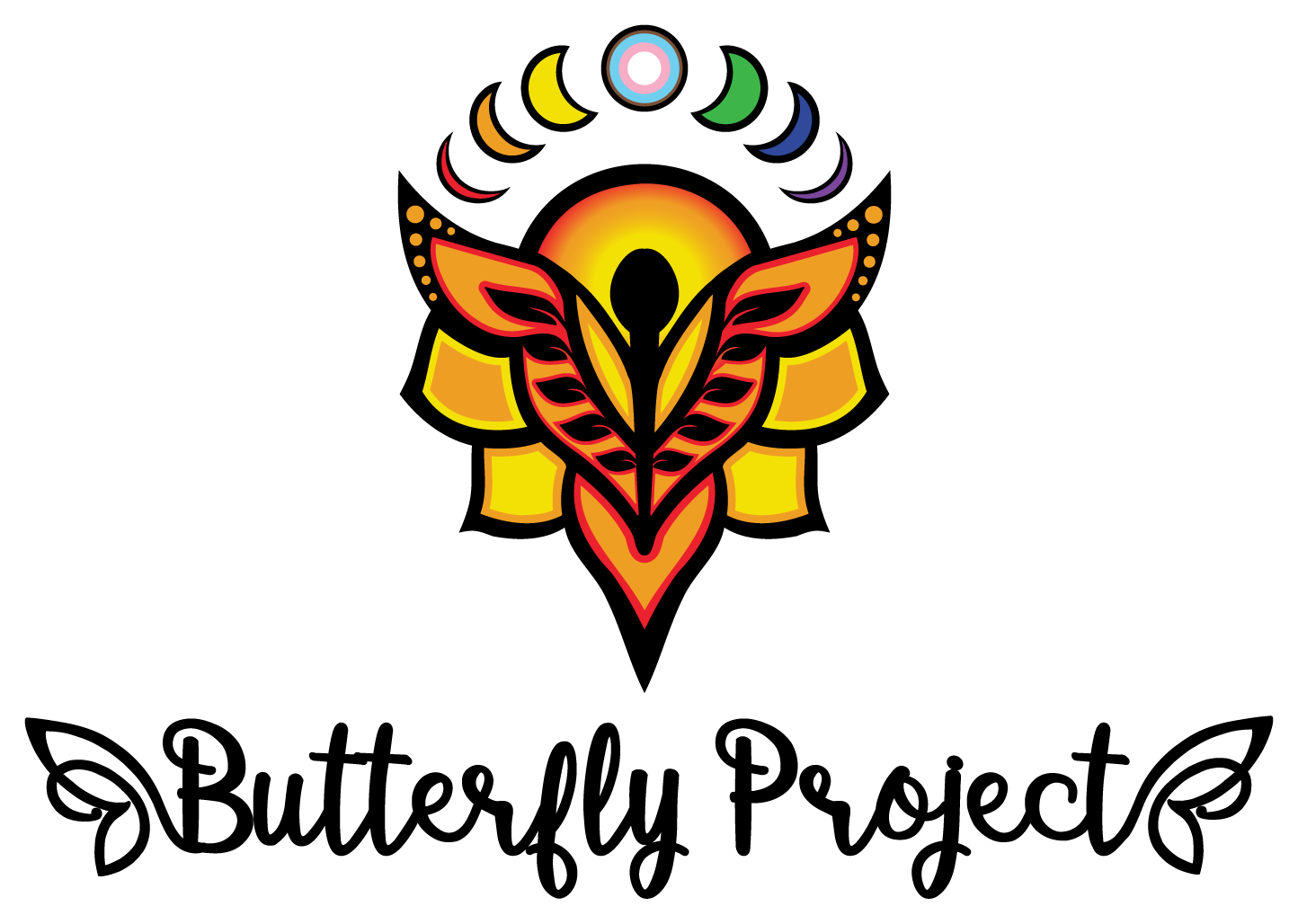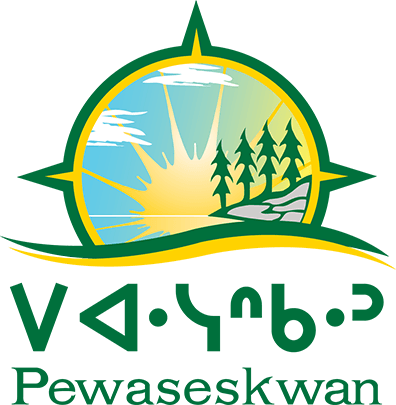
The Butterfly Project was designed as a program to revisit participants in various research projects which occurred in Vancouver, such as Warrior Women Healing and Health for People Who Use Drugs. The Butterfly Project aspired to learn how, or if, previous research helped participants with their wellness journey.
As a part of self-determination and research sovereignty, many Indigenous communities have been recreating land-based activities based on their own traditional practices, as a method for restoring and maintaining wellness. The Butterfly Project builds upon Indigenous epistemologies to evaluate previous research studies conducted by Pewaseskwan. These studies used Indigenous knowledge and land-based healing to promote wellness among Indigenous women and Two-Spirit people with lived HIV and/or substance use experience living in the Downtown Eastside (DTES) of Vancouver.
There were five cohorts of people throughout the interviewing process, with cohorts ranging between four and seven people. Sessions were led by Elder Sharon Jinkerson-Brass and were designed to help participants express themselves in a way other than simply talking. The first four cohorts were women and the fifth was composed of Two-Spirit individuals. The cohorts would meet up in four day long sessions and participated in expressive arts therapy, steeped in pan-Indigenous ways of knowing and being with Indigenous symbology, such as the medicine wheel, prominently featured.
Through the process of four iterations of sequential sharing circles combined with cultural healing activities, arts-based methods, and the creation of a documentary video, this project highlights strengthening, self-determination and the furtherance of the voices and wisdoms of Indigenous women engaged in research and the development of cultural, and land-based wellness strategies that respond to the spiritual, physical, emotional, mental and cultural health of Indigenous women and two-spirited men in an urban setting.
The aim of the project was to build and reinforce cultural knowledge and a sense of belonging, as most of the participants were cut off from their culture — or had no experience with it prior. Participants included Sixties Scoop and residential school survivors. Some of the participants were younger people who never really had a cultural connection at all. Part of the process was to create that cultural identity.
The Butterfly Project held a concluding gala event for the participants in December 2022, and they had a final opportunity to share their thoughts about their research experiences. Analysis is underway and articles about the Butterfly Project will be written.
For more information, contact: pewaseskwan@usask.ca


